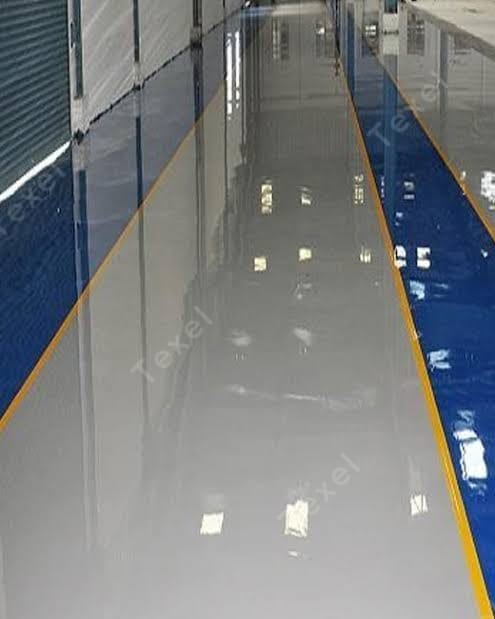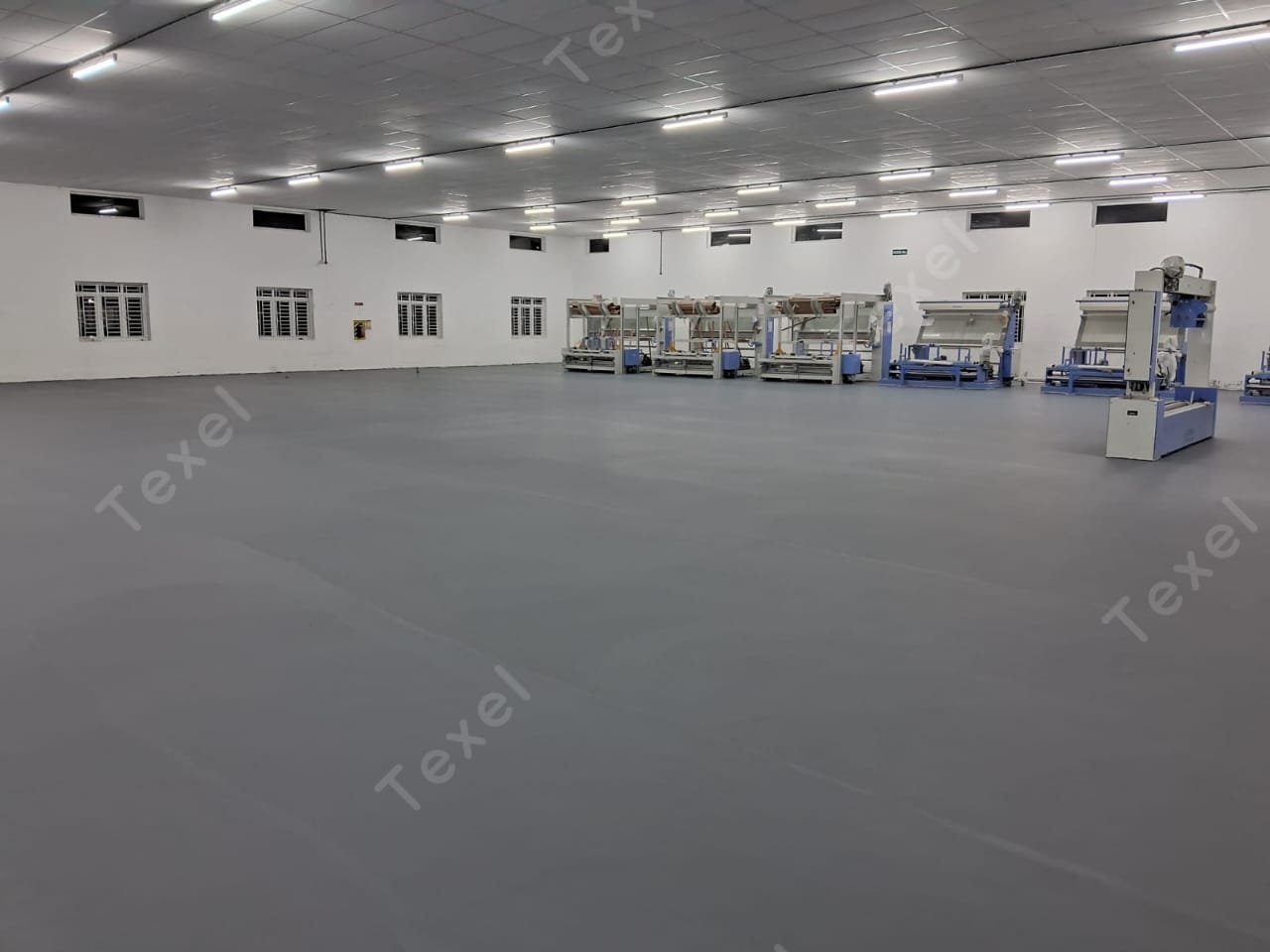IMPORTANCE OF EPOXY FLOORING IN CHEMICAL AND PETRO CHEMICAL INDUSTRY
IMPORTANCE OF EPOXY FLOORING IN CHEMICAL AND PETRO
CHEMICAL INDUSTRY
INTRODUCTION
For the chemical and petrochemical industry, flooring must withstand harsh
conditions like exposure to chemicals, extreme temperatures, heavy loads, and
potential fire hazards Floors should withstand extreme temperature changes and
exposure to heat from machinery or chemicals. Flooring should be fire
retardant, especially in areas where flammable chemicals are handled.
ROLES AND
RESONSIBILITIES OF EPOXY IN CHEMICAL AND PETRO CHEMICAL INDUSTRY FLOORING
Epoxy flooring plays a critical role in the chemical and petrochemical
industries due to its durability, chemical resistance, and ability to meet the
specific demands of these harsh environments. Below are the key roles and responsibilities
of epoxy flooring in these industries:
1. Chemical Resistance
Role: Epoxy flooring is highly resistant to a wide range of
chemicals, including acids, alkalis, solvents, and petrochemical byproducts.
Responsibility: Protects the underlying concrete or substrate from
chemical spills, leaks, and corrosive materials that could degrade the
structural integrity of the floor.
2. Durability and Load Resistance
Role: Epoxy creates a hard, durable surface capable of withstanding
heavy machinery, equipment traffic, and impact from materials in the
petrochemical industry.
Responsibility: Prevents floor damage, cracking, or deformation due
to continuous heavy loads, reducing the need for frequent repairs and downtime.
3. Seamless, Non-Porous Surface
Role: Epoxy floor is seamless and non-porous, providing a smooth,
impermeable surface that prevents chemicals, oils, and contaminants from
seeping into the substrate.
Responsibility: Ensures easier cleaning and maintenance while
preventing chemical infiltration that could lead to structural damage or
contamination.
4. Slip Resistance and Safety
Role: Epoxy can be customized with anti-slip additives (like quartz
or silica) to create a textured, slip-resistant surface.
Responsibility: Improves worker safety by reducing the risk of slips
and falls, especially in areas where liquid spills, chemicals, or oils are
present.
5. Thermal and Fire Resistance
Role: Epoxy floors can withstand thermal cycling (temperature
fluctuations) and, when combined with fire retardant additives, can resist fire
in environments where flammable chemicals are handled.
Responsibility: Protects the facility by maintaining the integrity of
the flooring under thermal stress and reducing fire risks.
6. Corrosion Prevention
Role: Epoxy acts as a barrier against corrosive substances,
protecting both the floor and equipment from corrosion that can occur due to
chemical spills or vapors.
Responsibility: Extends the life of the flooring and equipment by
preventing chemical attacks, reducing costly repairs and replacements.
7. ESD (Electrostatic Discharge) Protection
Role: Epoxy flooring can be formulated to include anti-static
properties, preventing the build-up of static electricity that could ignite
volatile chemicals or gases.
Responsibility: Reduces the risk of explosions or fires in areas with
flammable chemicals by safely dissipating electrostatic charges.
P8. Hygiene and Contamination Control
Role: The smooth, seamless surface of epoxy flooring minimizes areas
where dirt, bacteria, or chemicals can collect.
Responsibility: Promotes a clean environment by making it easier to
disinfect and maintain sanitary conditions, preventing contamination and
ensuring compliance with safety regulations.
9. Easy Maintenance and Long-Term Cost Savings
Role: Epoxy floors are low maintenance, requiring minimal cleaning
and upkeep while remaining resistant to wear and tear over time.
Responsibility: Reduces operational costs related to floor
maintenance, cleaning, and repairs, while ensuring long-term durability in
harsh environments.
10. Aesthetic Appeal and Compliance
Role: Epoxy floor can be customized with different colors and
finishes, aiding in the visual identification of zones, paths, or hazardous
areas.
Responsibility: Helps with compliance by marking designated areas for
safety, reducing the chances of accidents, and improving the overall workflow
within the facility.
CONCLUSION
Epoxy’s ability to prevent contamination, withstand mechanical stress, and resist fire hazards makes it a versatile and cost-effective choice. Additionally, epoxy flooring system contributes to worker safety through anti-slip and ESD properties, making it ideal for high-risk environments. Its seamless, non-porous surface provides robust protection against corrosive chemicals, heavy equipment, and thermal cycling, ensuring the longevity of the facility’s infrastructure.
Related Posts
Leave a Reply Cancel reply
You must be logged in to post a comment.




